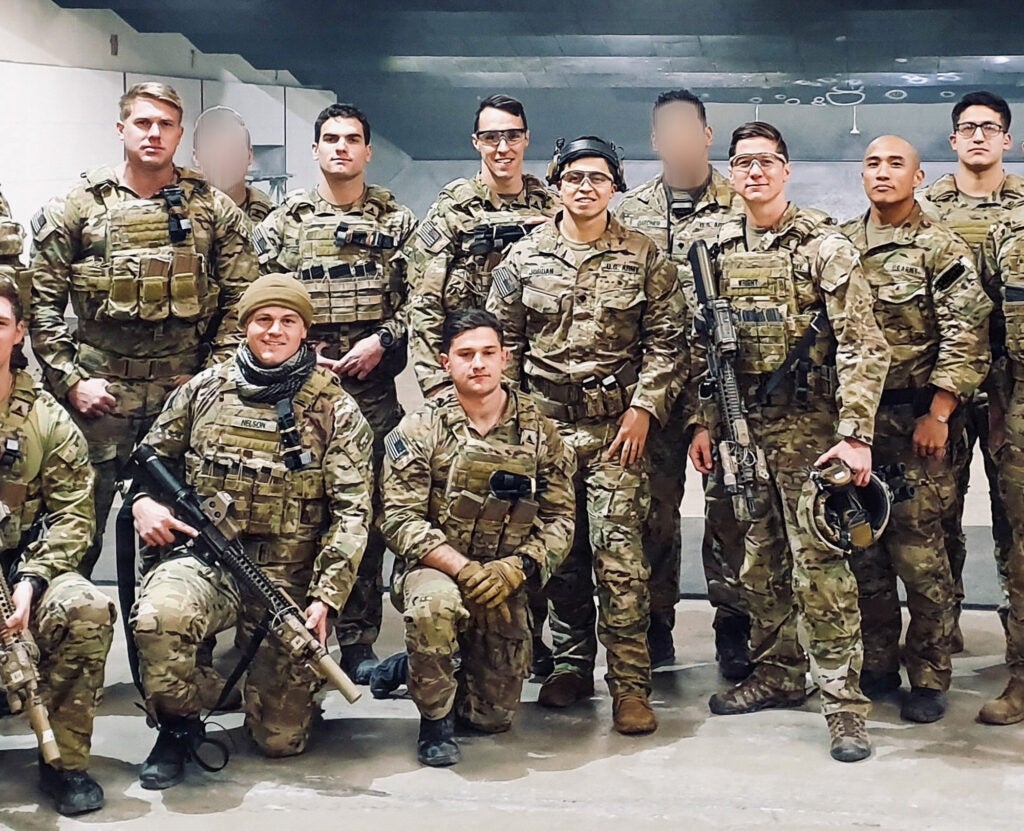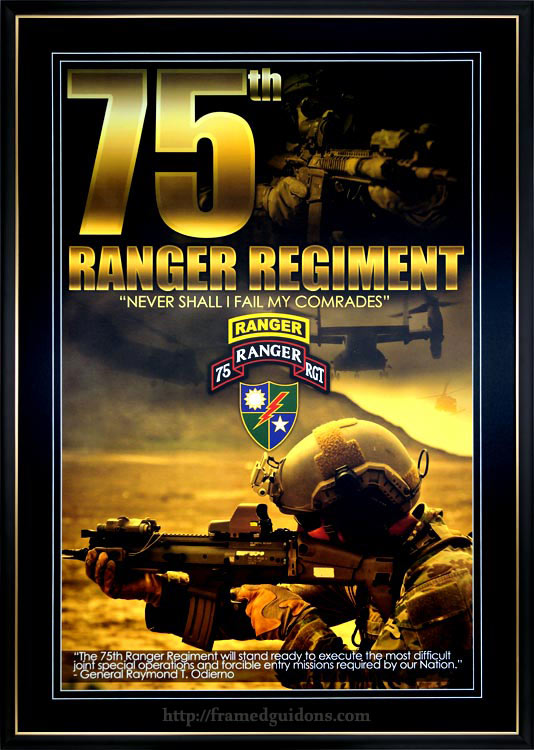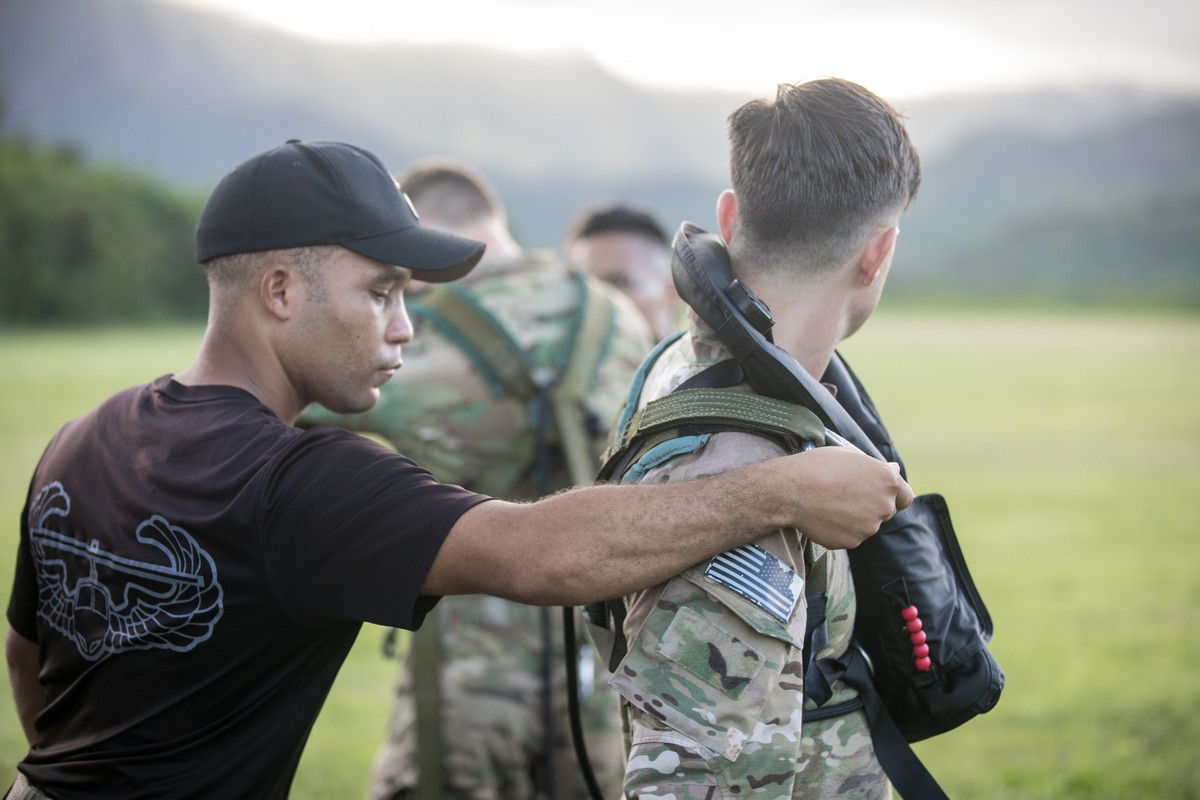How Do You Join The 75th Ranger Regiment

Elite warriors wanted: The 75th Ranger Regiment, the U.S. Army's premier direct action raid force, is constantly seeking highly motivated and capable individuals. This article breaks down the rigorous path to becoming a Ranger, from initial qualifications to the intense selection process.
Joining the 75th Ranger Regiment is not for the faint of heart. It demands exceptional physical and mental toughness, unwavering dedication, and a commitment to excellence. This isn't just a job; it's a calling.
Eligibility Requirements: The First Hurdle
Not everyone can even apply. Certain prerequisites must be met before you even consider the selection process.
- Age: You must be between 17 and 35 years old.
- Citizenship: You must be a U.S. citizen.
- ASVAB: You need a General Technical (GT) score of 107 or higher on the Armed Services Vocational Aptitude Battery (ASVAB).
- Physical Fitness: You must pass the Army Physical Fitness Test (APFT) or the Army Combat Fitness Test (ACFT) with high scores. Expect to exceed the minimum requirements.
- Medical: You must meet stringent medical requirements as outlined by the U.S. Army.
Meeting these basic requirements is just the beginning.
The Enlistment/Commissioning Path: Choose Your Route
There are two primary paths to becoming a Ranger: Enlisted or Officer. The choice depends on your educational background and career aspirations.
Enlisted Rangers:
Enlisted personnel can join the Army and volunteer for the Ranger Assessment and Selection Program (RASP). Airborne School is a pre-requisite.
Complete Basic Combat Training (BCT) and Advanced Individual Training (AIT) for your chosen Military Occupational Specialty (MOS). Examples include Infantry, Medic, or Communications.
Attend and graduate from the Basic Airborne Course at Fort Moore (formerly Fort Benning), Georgia. Airborne qualification is essential for Rangers.
Volunteer for RASP. This is where the real selection process begins.
Officer Rangers:
Officers can commission through West Point, ROTC, or Officer Candidate School (OCS). Similar to enlisted, officers must complete Airborne School.
Complete your initial officer training and any required branch-specific schooling. Like enlisted soldiers, Rangers must be qualified Parachutists.
Volunteer for the Ranger Training Assessment Course (RTAC), followed by RASP. Officer selection emphasizes leadership and tactical proficiency.
Ranger Assessment and Selection Program (RASP): The Crucible
RASP is a grueling course designed to assess a candidate's physical and mental resilience. It pushes individuals to their breaking point.
RASP consists of intense physical training, long-distance movements under load, and demanding teamwork exercises. Expect sleep deprivation and constant pressure.
Performance is evaluated based on your ability to follow instructions, work effectively as a team member, and maintain a positive attitude under stress.
There are two RASP courses: RASP 1 for enlisted personnel and RASP 2 for officers. Both are equally demanding but focus on different aspects of leadership and tactical skills.
Failure rates are high. Only the most determined and capable individuals make it through RASP.
Life as a Ranger: Beyond Selection
Graduating RASP is a monumental achievement, but it is only the beginning. Rangers are constantly training and deploying to various locations worldwide.
Rangers participate in a wide range of missions, including direct action raids, reconnaissance, and special operations. Expect demanding operational tempo.
Rangers are expected to maintain peak physical condition and constantly hone their tactical skills. Continuous improvement is a way of life.
The 75th Ranger Regiment offers numerous opportunities for advanced training and leadership development. Rangers are always striving to be the best.
Next Steps: Are You Ready?
If you believe you have what it takes to become a Ranger, research the requirements thoroughly. Consult with an Army recruiter for detailed information on enlistment or commissioning options.
Focus on improving your physical fitness, particularly your endurance and strength. Preparation is key to success in RASP. Start now.
Remember, becoming a Ranger is a challenging but rewarding path. It requires unwavering dedication, exceptional physical and mental toughness, and a commitment to serving your country.


















